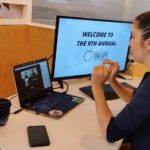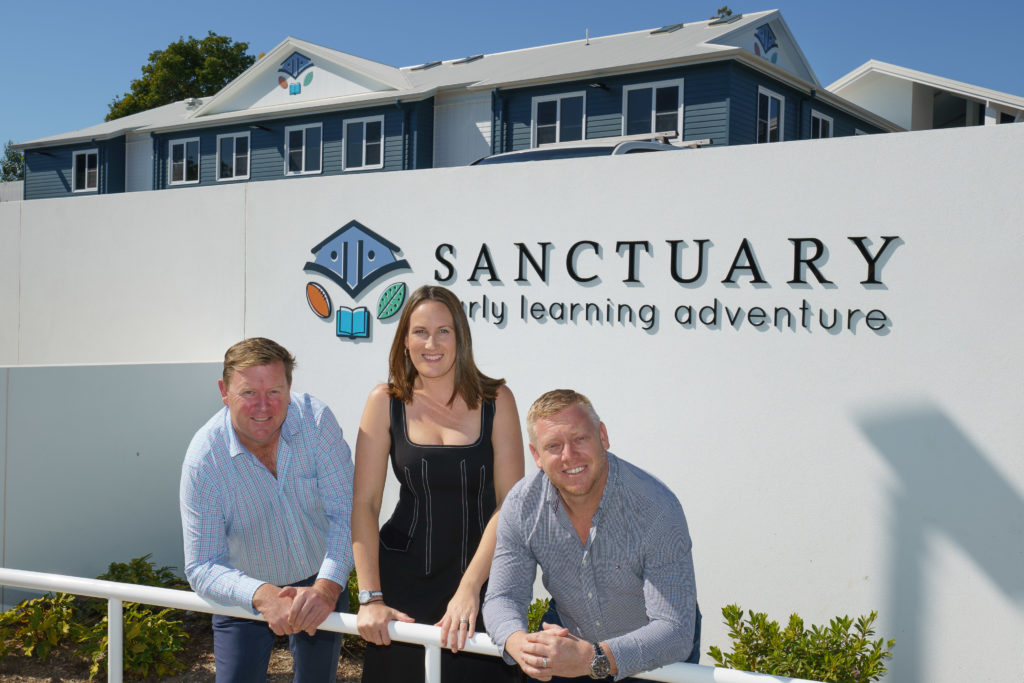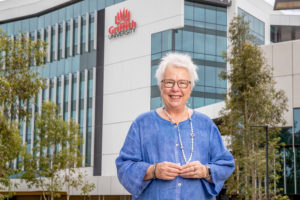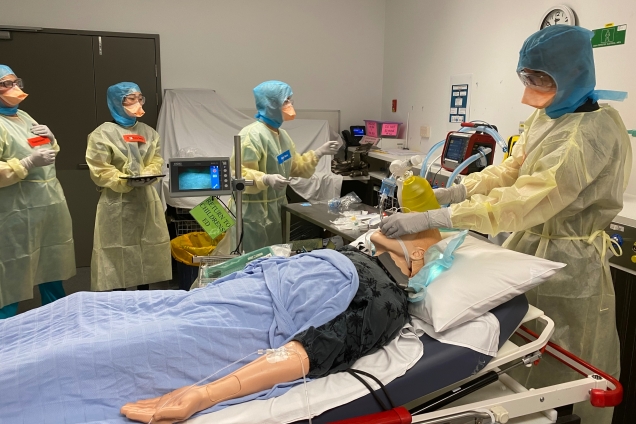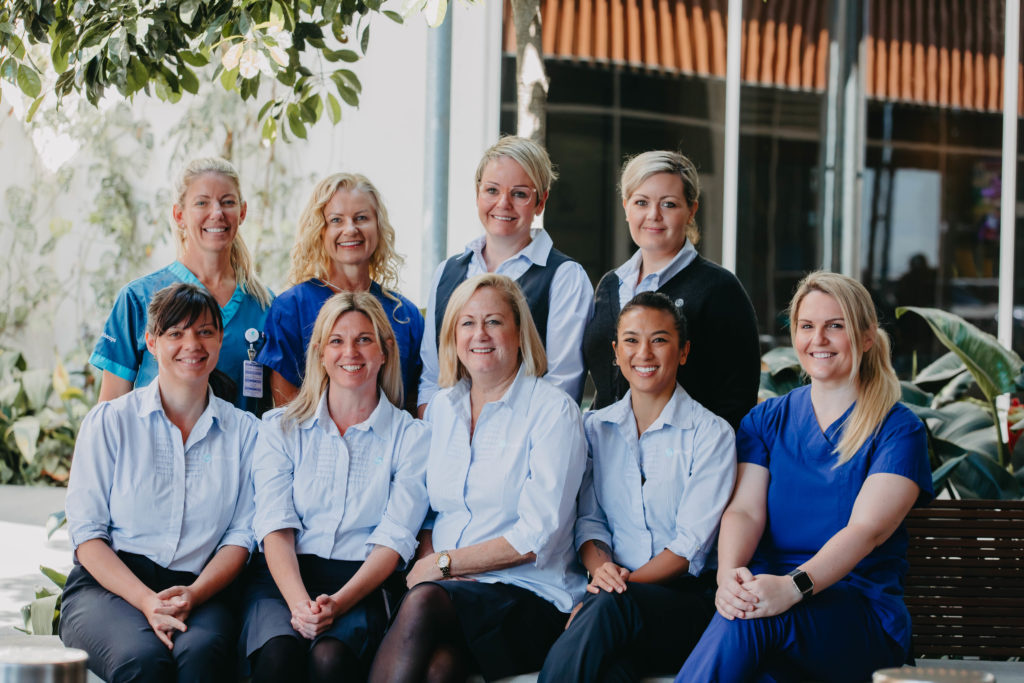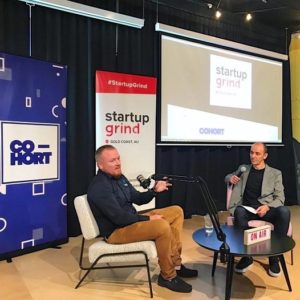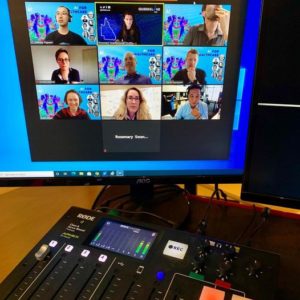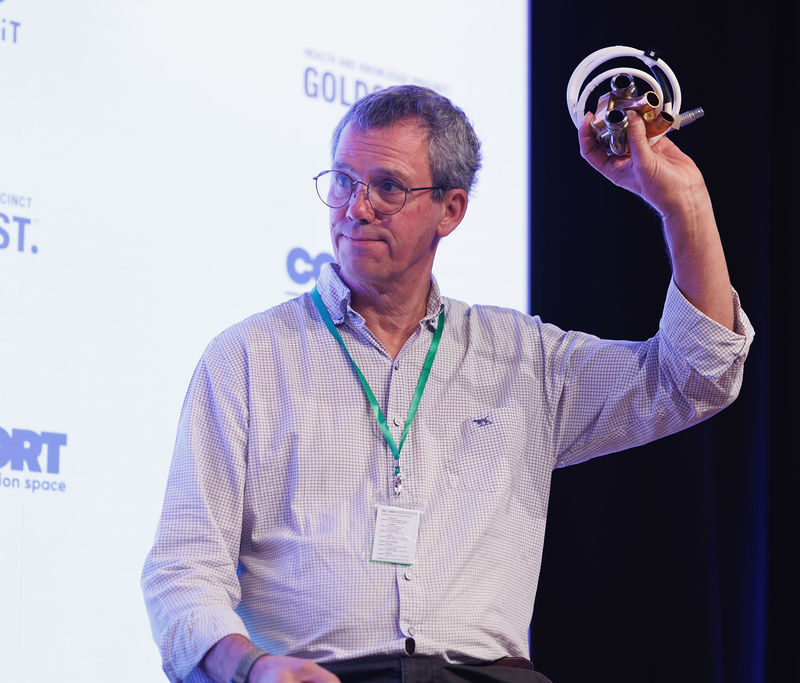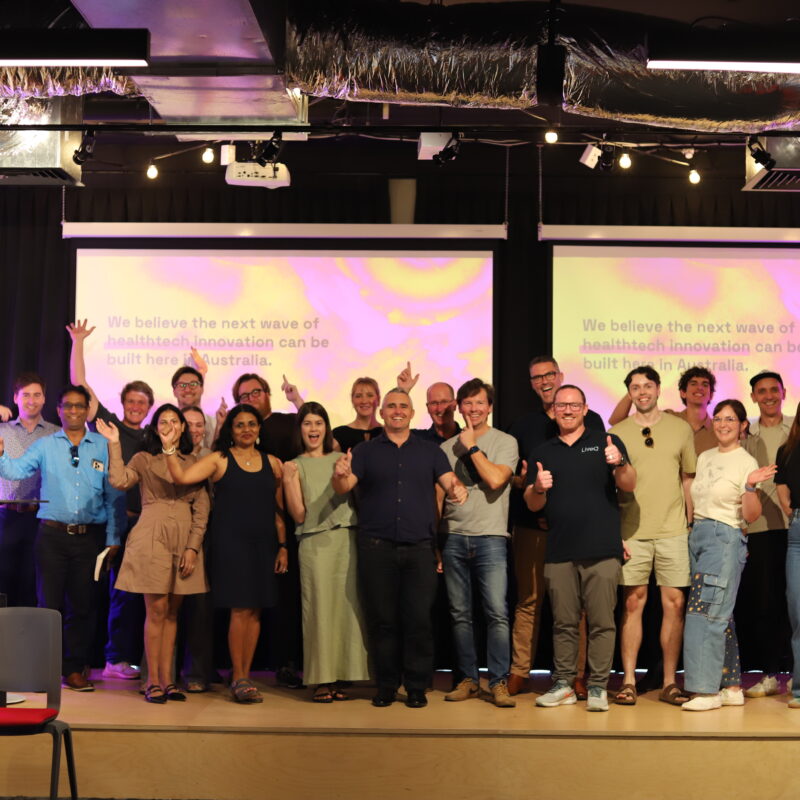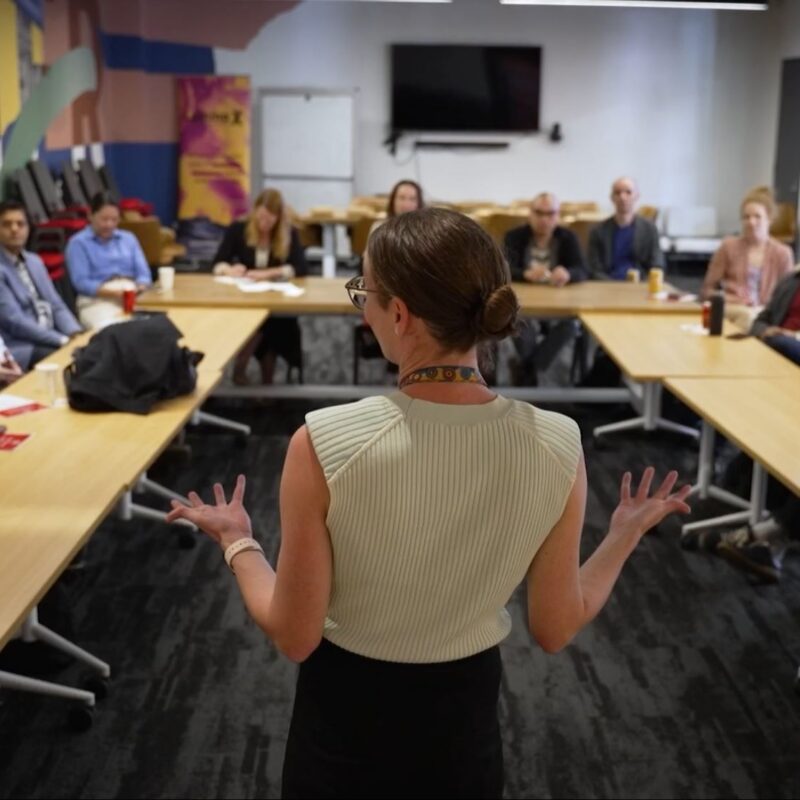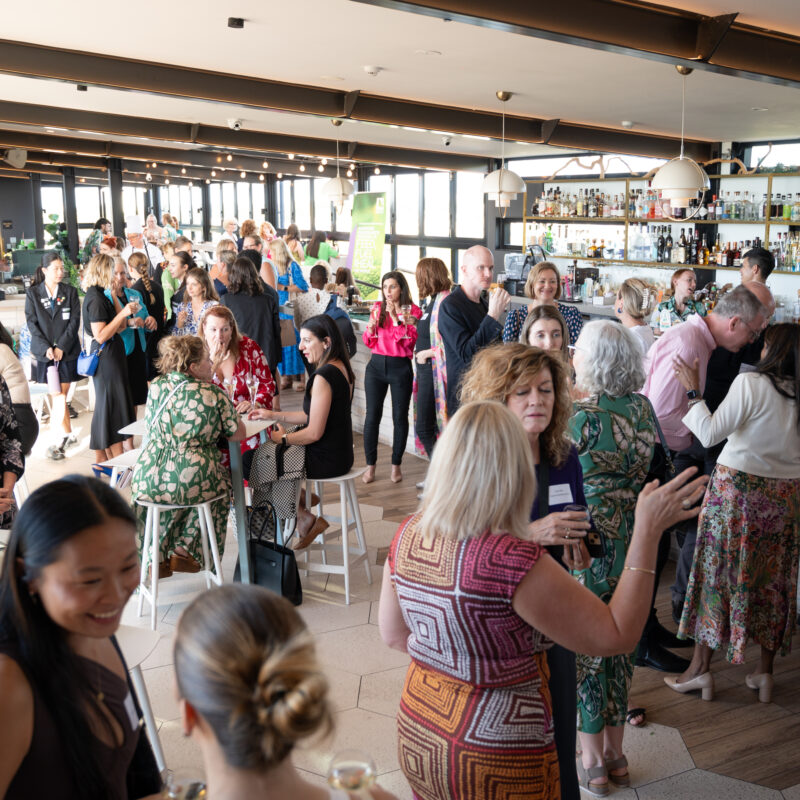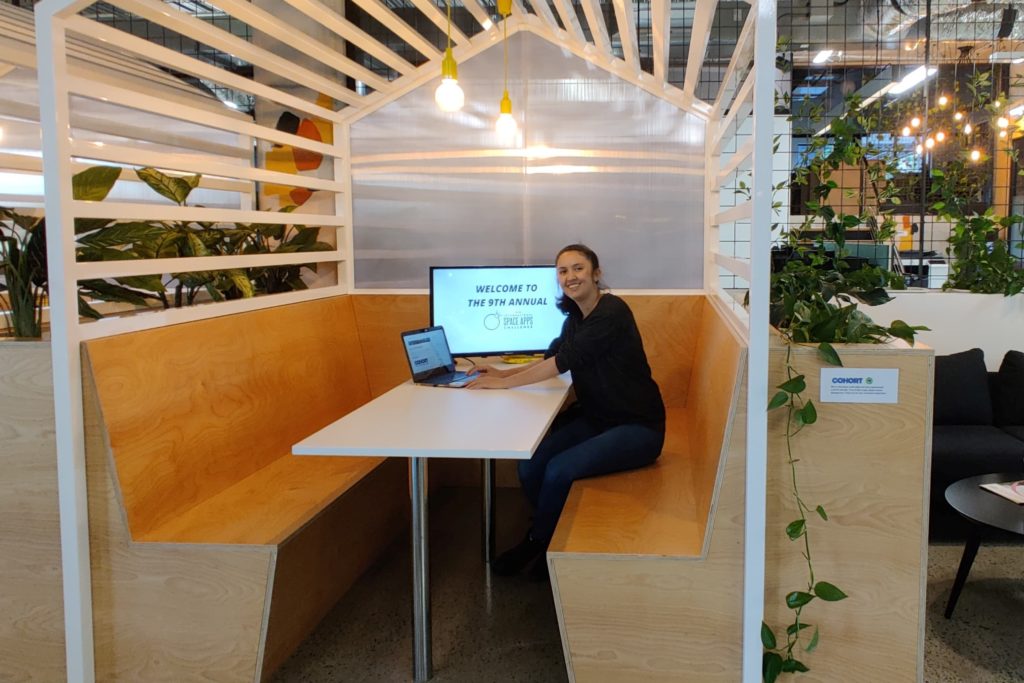
Dominique MacDonald makes most of stellar opportunities
Griffith University engineering student leader Dominique MacDonald is set to complete a stellar four years of undergraduate studies, including STEM ambassadorships and industry placements, but not before taking her ambitions to new heights as host of the Gold Coast NASA Space Apps Challenge – part of the world’s largest global hackathon.
With 16 months experience as an R&D software developer for a Gold Coast biotech company already under her belt, and a graduate position as a robotics engineer at global mining giant Rio Tinto in her back pocket, the former Griffith Women in Engineering president has left little unaccomplished, turning to space as a new frontier.
Flying solo as lead for the inaugural local event, which she ran in virtual mode on-line from the Gold Coast Health and Knowledge Precinct’s Cohort Innovation Hub (3-4 October), Dominique wasn’t sure what to expect from challenge participants, other than out-of-this world ideas.
READ MORE about the Space Apps Challenge
